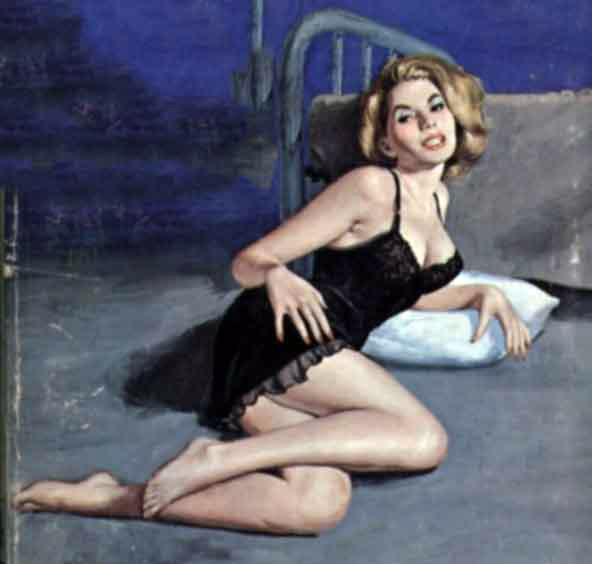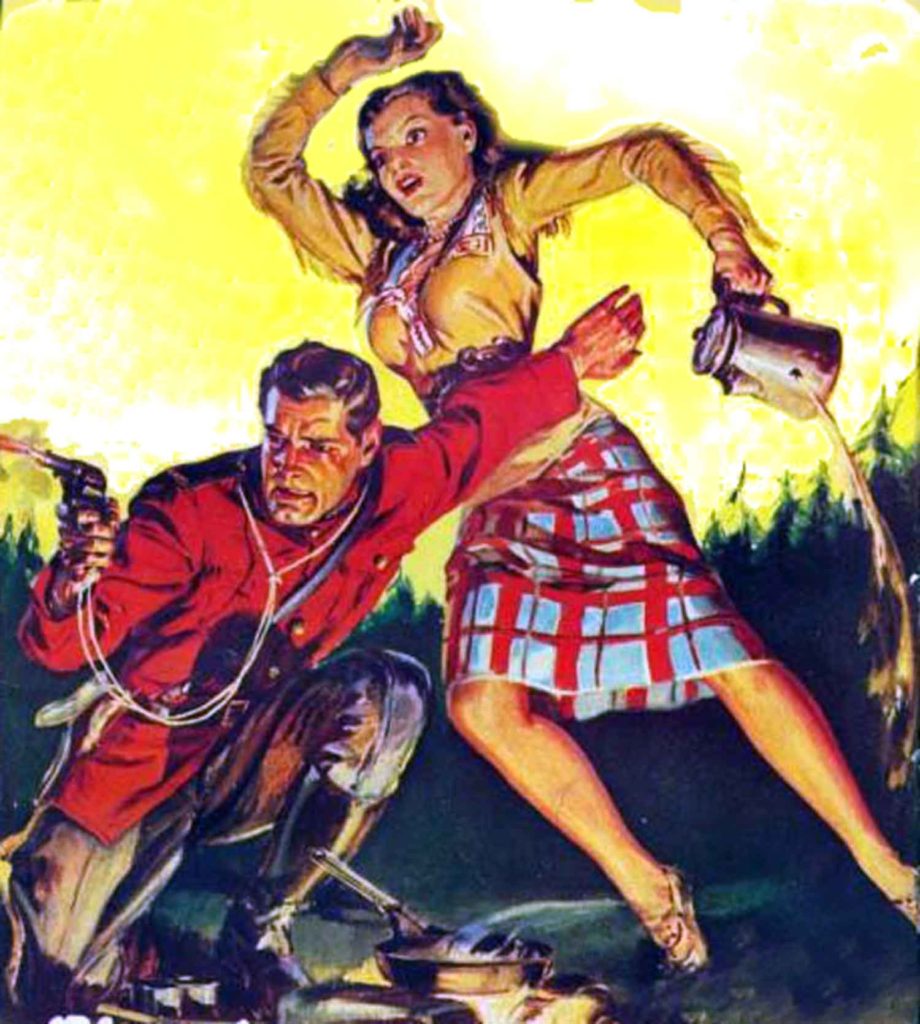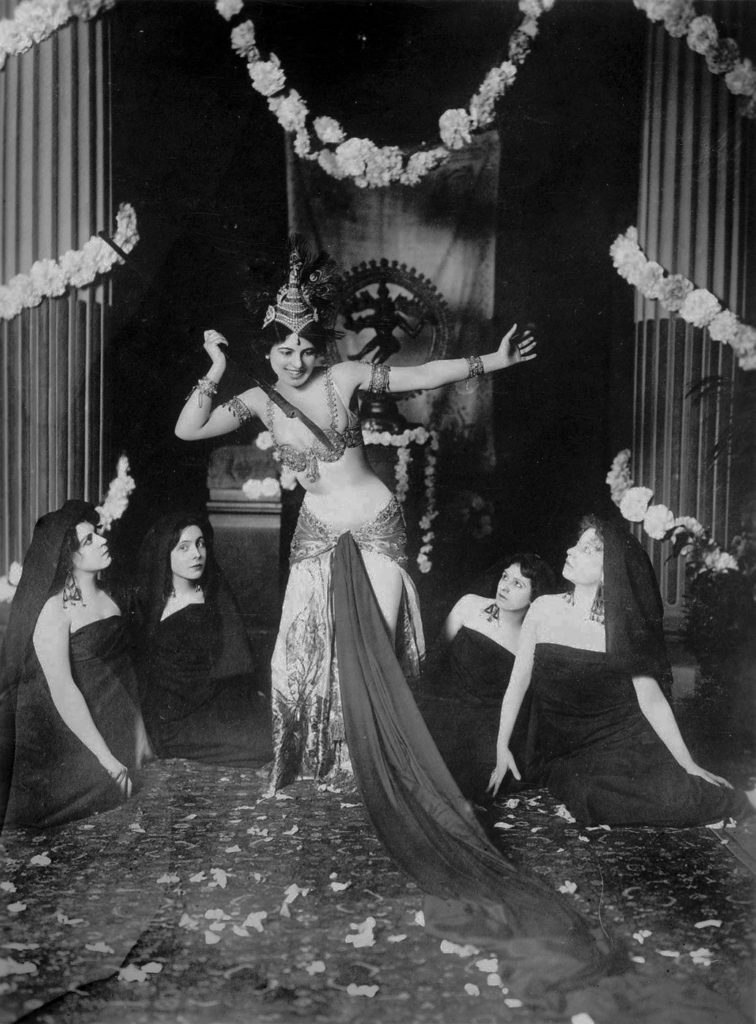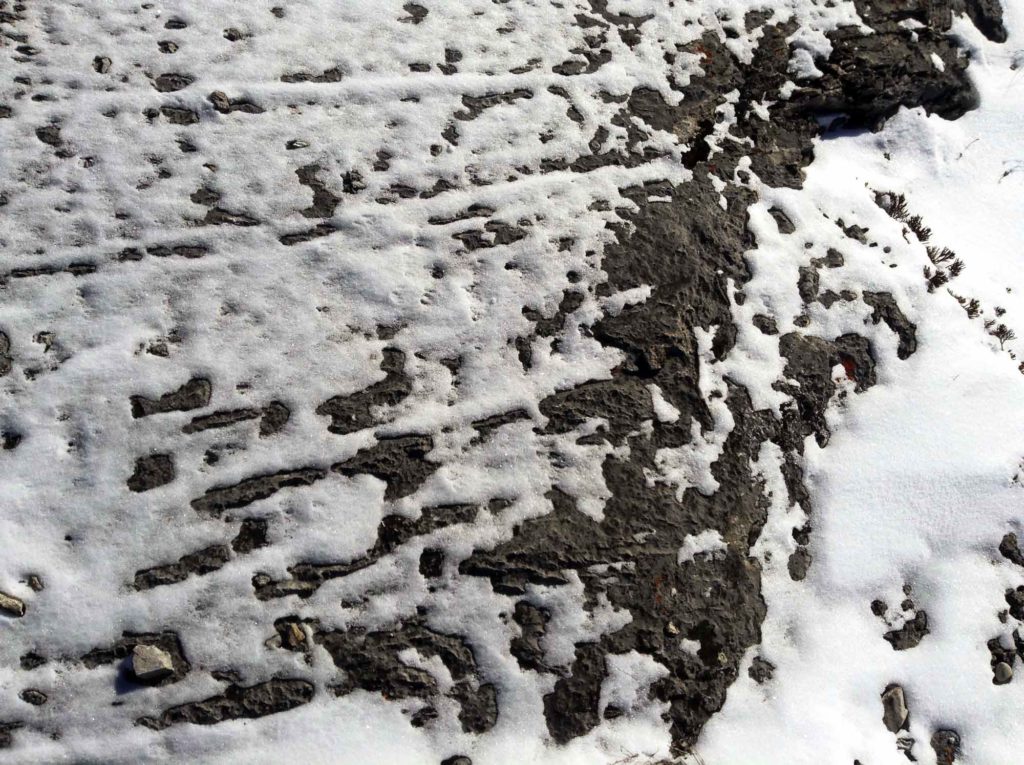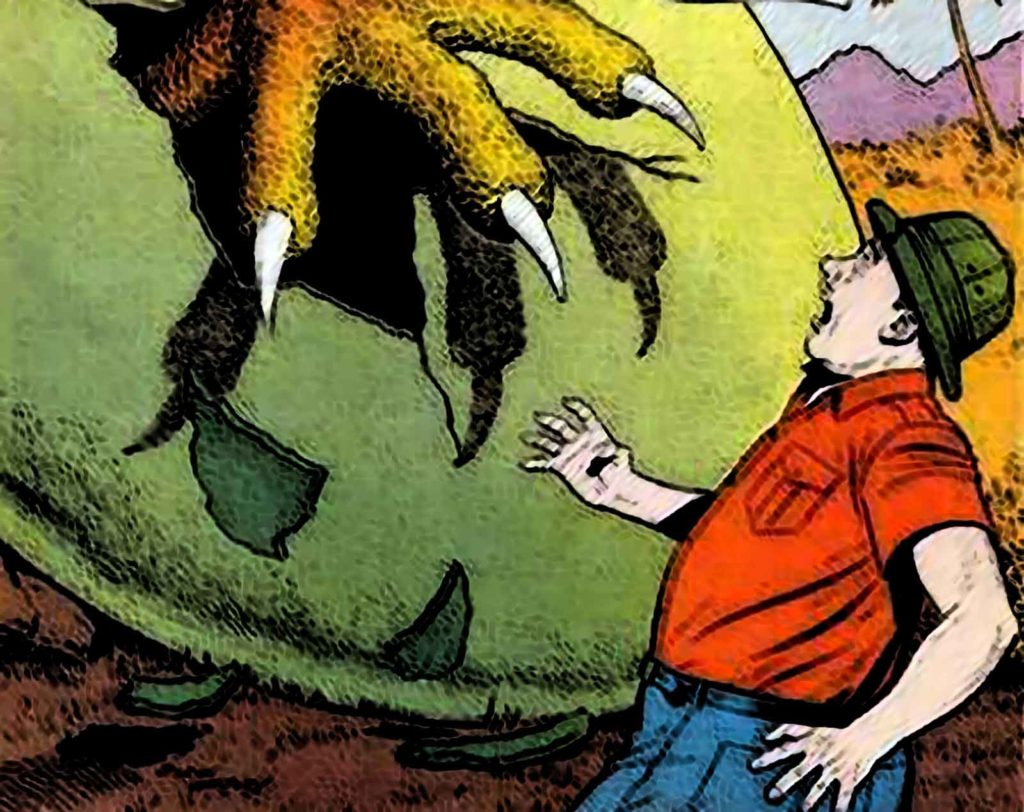La vie treshorrificque: Rabelais revisited. (Book Review)
Harper’s Magazine; 10/1/2004; Gass, William H.
Discussed in this essay
Gargantua, François Rabelais. Translated by Andrew Brown. Hesperus Press, 2004.
Pantagruel, François Rabelais. Translated by Andrew Brown. Hesperus Press, 2004.
So what does our ancient author say is the shape of Socrates nose? A nose of such importance, always well into other people’s business, might be imagined to be sharp as a knife, pointed like a whittled stick, nostrilled in the style of the truffle pig so as to capture the least whiff of opinionated puffery and to disinhale when the odor proves to be misleading–in truth a nez pointu, the phrase our esteemed authority uses for the description of his mentor and his muse; however, Andrew Brown, the most recent translator of Rabelais’s masterpiece, Gargantua and Pantagruel, knows that Socrates is never represented thus but was given pop eyes and a snub nose whenever his visage was set in stone, so he silently corrects the text and blunts the knife–” … with his snub nose, his eyes like a bull’s, and the face of a madman.” Besides, John Cowper Powys, who Englished his favorite selections in 1948, set the precedent in nose snubbing. One wonders how many such corrections Brown has made, tacit as a Trappist.
Rabelais writes for the convivial, and consequently for those who must have poisoned their livers and contracted the pox, because syph was the New World’s swap with Europe in their exchange of epidemics; it was the six teenth century’s AIDS, heedless pleasure’s penance. And although the clap can now turn on lights, alcohol has never changed its ways. Thus he welcomes us to his feast on what might be Inflation Sunday during Hypocrites’ Holiday in the year of the Warmonger, two thousand four, or maybe fifteen thirty-two, it’s much the same, since swilling, swiving, corruption and conniving, fanaticism, bigotry, and bloodshed haven’t changed, and the sports bars are still full of opinion.
For a work that is rumored to be loose as a noodle, Gargantua moves immediately to make significant allusions. The first is to Plato’s Symposium and the speech of Alcibiades in praise of his mentor, Socrates, whom he compares to an apothecary’s box that is adorned with improbable figures, from harpies and satyrs to flying goats and saddled ducks, each image designed to provoke mirth, yet a box whose interior is as precious as a casket of the Magi, full of … well, among our several renderers there is some difference of opinion. Thomas Urquhart, the earliest and most esteemed translator (1653), offers “Balme, Ambergreese, Amamon, Musk, Civet, with several kindes of precious stones, and other things of great price,” and our aforesaid Andrew Brown follows suit, overall more obedient to the text, whereas Penguin Books’ J. M. Cohen replaces “precious stones” with “mineral essences,” perhaps an improvement; however, Jacques Le Clercq (whose 1936 version spoke so persuasively to me when I was a tad because it was the translation in the Modern Library, the first library I knew) is expansive and explanatory, with “balsam of Mecca, ambergris from the sperm whale, amomum from the cardamon, musk from the deer and civet from the civet’s arsehole–not to mention various sorts of precious stones, used for medical purposes, and other invaluable possessions.”
Rabelais does that to you. He fills you with wind. You outgrow several sizes. Words multiply in your mind immediately the way ants invade a larder, soon more plentiful than the grounds that were spilled on the kitchen counter while making morning coffee. In Gargantua’s day words were revered, despised, traded, banned, liberated, loved. At the wine-soaked tables of the inns, one exchanged views, lies, brags, and other tales; in the markets, bargaining went on in a dialect as local and delicious as their greens; in the doss-houses, grunts were gratefully given and received; at church, the air was Latinated and, like the light, stained its priestly columns, brightened its aisles or occluded niches, and lengthened the grief in kneeling figures. Even though the world was everywhere widening to reveal fresh continents to be discovered and despoiled, heathen souls to be sought out and saved, ordinary life was the richest land so far claimed for any kingdom, because along with common things came their common names, and with the names came common knowledge: mud puddle, haymow, oxen, minnow, lettuce, fart, smirk, seaport, wink.
Books were rare and books were revered. The opened cover compared to the opened eye, to a chest of treasure, a doorway to the divine, the cork in a bottle; however, books bore error on through time as well as truth, opinion, hypothesis, and conjecture, and they could fuddle the mind as well as wine. Mistakes, lakes, and falsehoods, in an opportune place, can become history, as the many mistranslations camped out on sacred tomes attest. Alcibiades did not compare Socrates to an apothecary’s box but to those “Silenus-figures that sit in the statuaries’ shops … when their two halves are disjoined, they are seen to possess statues of gods within.” The actual reference is no less suitable to Rabelais’s purposes than the mistaken one, yet about it the translators gather, honor-bound to preserve and repeat it.
And if we broke free of words to inspect the philosopher in person, as if that were possible, we would still have a book bag for a head, eyes colored by custom, commonplace, and superstition. He would not “look” wise, as if we knew what wisdom wore to appear stupid–furrowed brow or quizzical smile, bald because his head steamed. “You would not have given the peel of an Oinion for him,” Urquhart says; you’d not have offered “an onion skin,” declares Le Clercq; not “the top of an onion,” Powys puts it; nary “a shred of an onion for him,” Cohen has it; or “you wouldn’t have given the shred of an onion skin,” in Brown’s opinion, accepting most that has come before but declining the turret; while Rabelais, if we want to bother with the source, wrote, “n’en eussiez donne un coupeau d’oignon,” not realizing that coupeau would become obsolete, and that his metaphor would be lost: “you would not give the hilltop of an onion for him.”
This is a minor matter indeed, but it is interesting to note that Powys, who creeps closest to his quarry, has complained of Samuel Putnam, whose translation he praises and many Favor, for ruthlessly updating the text, thus making it more readable for his generation while depriving Rabelais’s own time of its age and voice. And, I might add, some of his art. Who cares whether Grandgousier or Greatgullet (father of Gargantua) was a rollicking blade and a superlative toper, as one translator describes him; or–since there is no reference to anyone’s gullet in the passage I’m looking at–was just a good fellow in his time and notable jester, according to another; or, as Andrew Brown describes him for us, was instead a real barrel of laughs . Brown also advises us to “check out” texts and knock back drinks, as we are wont now to do. He makes us feel comfortable in the Renaissance, as if it were putting on its show in our living room. Certainly Brown’s version is more zippy and even more accurate than many. Picky points perhaps. But imagine these modest disagreements multiplied through five volumes and a hundred thousand times.
In his lively introduction to Pantagruel, Brown points out, propos the same contrast between Socrates the Silenus and Socrates the Sage who opens the work, that interpretation, in Rabelais’s day, was a dangerous undertaking, as much for what you might be thought to be learning as for what you actually learned; but because he is translating a later version of the text, one that Rabelais judged to be more prudent to publish than the original, there are bits, offensive to Church authorities, omitted.
Jean Plattard, in The Life of Francois Rabelais, thinks that Rabelais was born around 1494 on his father’s farm, two gunshots from the Abbey of Seuilly, and a league from Chinon, the town where he grew beneath his father’s wing until he began his studies to become a Franciscan monk. By the time he pens Pantagruel (of which Gargantua is a prequel) he is familiar with at least four professions and one art: the law from his father, the priesthood and medicine from their practice, the New Learning from ancient sages, and poetry through his epistolary exchanges in verse with the poet Jean Bouchet. What a stock of technical terms, argument forms, and higher powers Rabelais could employ, parody, and appeal to; what grammatical categories, rhetorical schemes, rimes equivoques and batelees (lines ambiguous and overloaded as a boat); what changes rung from words like those from bells might he muster: sixty-four verbs in the imperfect tense, necessary to roll a barrel out of town in a cluster of shove and sound–“le tournoit, viroit, brouilloit, garbouilloit, hersoit, versoit, renversoit …”–and so on–“nattoit, grattoit, flattoit …”–as, in English, we might group “crash, clash, mash, smash, slash, bash, trash, gnash …” to depict the passage of our armored vehicles through a village.
Later in his life, in his role as a physician, Rabelais often traveled to Lyon or Rome as a part of Cardinal Jean du Bellay’s retinue, but as a young priest he did his rounds in the region of his birth,la molle et douce Touraine, and in the regal town of Chinon itself, once capital to a shrunken France (1528-29), known to tourists now for one of Joan of Arc’s early exploits. Scholars have frequently remarked Rabelais’s intensive knowledge of the region: its cloth, its donkeys, its windmills, the height of its hemp, its “sweet, easy, warm, wet and well-soaked soil,” and how well he rendered them all: towns, towers, lanterns, rivers, walls, in properly apportioned paragraphs. “Dressed in his Benedictine’s habit, he mixed with the people more than any writer of his time,” Plattard writes. “He knew the art of loosening the tongues of the cattle-drover in the field, the artisan in his workshop, the merchant in the inn. He can, on occasion, make use of their dialect, their familiar metaphors, their customary swearwords.” Gargantua and Pantagruel are so drenched, like the soil, in locales, that Albert Jay Nock devoted a chatty travelogue to A Journey into Rabelais’s France (1934).
The heroes of the New Learning–beginning with Guillaume Bude, Thomas More, Desiderius Erasmus, his self-designated student, Rabelais, and flowering in the great Baroque out. bursts of Michel Montaigne, Robert Burton, and, later, Sir Thomas Browne–were devoted multilingual quoters; however, in them, as often as not, the citations were offered as examples of ignorance and superstition on the part of their authors and held up as warnings to the unwary: what oft’s been thought is now so little thought of.
To quote pagan authors is more than fun; it suggests that there are other authorities than have been favored by the scholastics, and to write about them in the vulgate is to invite readers to look on pages that the Church has resolutely kept from popular perusal-as if, on their own, such readers would be prone to misconstrue, taking a path that led straight to the stake. Moreover, it had been a habit through many centuries to consult books rather than inspect afresh what the books were presumed to be about; to cite authorities, to quote the Fathers of the Church, to pit one scholar’s paragraphs against another’s; thus to debate each issue inside the precincts of the word, and this lawyerlike practice was hard to break.
If Alcibiades can serve up Socrates as a sample of the wise fool, and Rabelais’s reader can then remember how the renowned Erasmus has praised folly while wondering who tile truly foolish are, then perhaps I may make my own reminder of how frequently it was felt that wild unseemly flatulated words would surely issue from a similarly grotesque and corpulent person. Gargantua, our hero here, is as fulminatious as his flesh is flabby, and only after decency has been drilled into him can he deliver an admirable speech in a restrained and balanced Ciceronian style. Shakespeare’s Falstaff and Moliere’s Tartuffe are outstanding examples, as is the lesser-known character, Vanderhulk, of Thomas Nashe’s The Unfortunate Traveler, a grotesque whose existence I was made aware of by Wayne Rebhorn in The Emperor of Men’s Minds (another citation within a citation, worth double points). This fellow “had a sulphurous, big, swollen, large face like a Saracen, eyes like two Kentish oysters, a mouth that opened as wide every time he spake as one of those old knit trap doors, a beard as though it had been made of a bird’s nest plucked in pieces which consisteth of straw, hair, and dirt mixed together.” One must remark, by the way, that Rabelais would never mess up his line with real redundancy the way Nashe did–“big, swollen, large” indeed. No, Rabelais’s redundancies redound. And what is a “knit trap door”? Is it a concealing rug? a confederate of the tea cozy? or a round sphincter-type opening that closes behind a netted fish? To meet new words is to encounter new wonders.
Nor should we be deceived, as we read—by coarseness, indulgence, logorrhea–to suppose there is nothing but mooning going on in Gargantua or Pantagrud, naught hut cocking a snook at authority and other small-boy pranks, or simply exuberance fizzing from bottle end and fundament like an organized spritzelation of shaken soda. The point of the opening reference to Socrates’ appearance and the reality of his payoff remains unaffected: this book will appear woolly and rough, its course haphazard, but its sense is consistent, unified, pure yet iridescent as though silk had swallowed water, and it has been set down more in weeping than in writing, more in despair than in glee, more when sober than when drunk; and though drunkenness is a frequent occupation of its actors, we should not fear for an actual stagger, because stage cups are always full of tea. Our author is besotted, but by words; he is intoxicated with learning, with his own strength; walls are atumblin’ down, those of castle and cathedral, city and convent, college and library.
At the close of Plato’s banquet, at daybreak, when all the evening’s revelers and rhetoricians have passed out, Socrates rises from among the sleepers and goes to spend the balance of the day in his customary manner, for the philosopher feels no fuddle, and reason does not weary of its work; nor will it here, because the philosopher’s distant student has also wakened early, left the priestly functions toward which his studious nature had initially inclined him, and begun his service as a physician, consequently as a scholar of Hippocrates and Galen, among the Greeks the more empirically inclined. Now to Rabelais’s dislike of traditional schoolmen is added a disdain for the traditional physician: “These fellows get their experience by killing folks (as Pliny once complained); and they are a source of greater danger, even, than any that comes from disease itself.”
Princes and their petty yet ruinous wars, indolent hypocritical monks and their parasitical lives, the theologians of the Sorbonne who misuse reason and disgrace intelligence, the venerators of holy relics and the pious pilgrims, purveyors of popular superstitions of every stripe–these are the objects of our author’s scorn, as it should be our concern to steer clear of them today, though they may call their sects professions, and their parties by newer noble-sounding names.
Rabelais’s anger at those who are tethered to their texts is evidence of his own released mind, but it is partly paradoxical, since he is as bookish as they. He, however, is eating fresh fruit from old trees instead of winter’s barreled apples, and we can turn to him as he returned to Plato and Socrates. Gargantua and Pantagruel, so far in the past, as comets come, can arrive like a new age to surprise our eyes. These works seem written for today; they are as relevant, and possibly as futile. Between the brackets insert your favorite betes noirs. “[These scholars and medics] can well enough see the lightboat of lies battered and leaking in every part; yet they insist upon retaining, by force and by violence, those works to which they have been accustomed from their youth up. If one endeavours to snatch these away from them, they feel that he is, at the same time, snatching away their very souls.” Did the humanists not feel similarly violated when the Church arrested their Greek books? And burnt their pages, set fire to their authors, and lit their readers too, as Brown notes. After Rabelais edits a new edition of Hippocrates he has a Latin couplet placed upon its title page that reads: “Here is the overflowing fount of healing lore. Drink here, unless the stagnant water of a ditch tastes better to you.”
Scholars have noticed the metaphoric connection of science with salubrious imbibing in Rabelais, though it must be remembered that reading a book of symptoms is not the same as taking a pulse. “Drink” is what Gargantua cries as he’s being born, instead of the customary “waa waa”; the third and fourth books are given over in large part to a search for the Divine Bottle as if it were the Holy Grail; and in the fifth part, whose authenticity is disputed, the oracle of the Dive Bouteille delivers wisdom’s secret, which is–no surprise from the lips of a bottle–Drink! Moreover, Pantagruel makes a pre-Rabelaisian appearance in a medieval mystery play, where his role is that of an impish devil who gathers salt from the seashore to shake down the throats of snoring drunkards.
His salary at the Great Hospital of Lyon did not achieve jingle, and, deprived of the Church’s free room and board or the indulgences of some courtly master, Rabelais must have often slept without covers or companion, eaten tack, and drunk from a dry glass. So straitened circumstances probably alerted him to the possibility of a windfall of his own when a small book, the illegitimate offspring of the Arthurian legends, anonymously transcribed from the oral tradition, sold more copies in two months than Bibles in nine years. It retold the story of how the magician Merlin created a family of giants, sort of medieval superheroes, out of the bones of two male whales, a sprinkle of clippings from Queen Genievre’s nails, plus a soupcon of blood from one of Sir Lancelot’s wounds, to help out King Arthur through his many tribulations. Donald Frame tells us in his study, Francois Rabelais (1977), that the loving pair, Grant-Gosier (or the Great Gullet that Le Clercq has insisted on inserting into his translation wherever possible) and Galemelle (who, as Gargamelle, bears Gargantua for eleven months in Rabelais’s version before dumping him with a thump into a nest of citations that prove why lengthy gestations are necessary for masterpieces)… well, the two make their way between grasping parentheses bearing their brute of a boy on the back of a city-sized mare “through France to join Arthur; but the parents”–who suffer a fever like a wound along the way–“die at Mont-Saint-Michel for lack of a purgative. Merlin transports Gargantua to Arthur on a cloud; fighting for Arthur, Gargantua conquers the Gos and Magos, the Dutch and the Irish, and a twelve-cubit giant in single combat. Finally, after two hundred years, he is translated to fairyland … ” On the other hand, Paul Eldridge, in his Francois Rabelais: the Great Storyteller (1971), claims that the parents died because of the purgative, not for want of one, and boasts that Gargantua forced all of the prisoners he’d taken (as if they were sweets, I suppose) into his hollow tooth in lieu of a filling. But I have heard that he also stuffed the cuffs of his sleeves, his game bag, and the toes of his hose with his victims. Tales of yore should yield such variations; the more there are the merrier they make us. Always consult many authorities; they will infect you with suspicion–a desirable service.
This anonymous author happily supplied the details necessary to tall tales, and we are familiar with them in the form of the Paul Bunyan legend or many of the stories that floated with the boatmen down the Mississippi or those that boasted of trappers who, bare-handed, fought bear and cougar in a frontier forest. How big, how strong, how hungry was the lumberjack, the boatman, the hunter? “Gargantua lunched off two shipfuls of fresh herrings and three casks of salted mackerel; … he dined on three hundred cattle and two hundred sheep; … he carried off the bells of Notre-Dame de Paris to hang them on his mare’s neck; … his peals of laughter were heard seven and a half leagues away … ” Not a decibel less, not a yard more.
So Rabelais’s monsters must outdo the outdoers … and they do. Their habits of hyperbole do not exclude their author, who swears in Pantagruel’s Prologue: “may I be carried off by a hundred thousand basketfuls of fine devils, body and soul, innards and entrails, if I lie by so much as a single word in the whole story”–a protestation exceeded only by the punishments to be inflicted upon readers who do not obediently believe. Like the pamphlet that preceded it, Pantagruel is packed with gross-out japes and overscale jokes, with mythological deeds that mock the social and religious figments that one must pretend to believe out of fear of just those pains Rabelais promises his own disbelievers–“sulphur, flames and the bottomless pit.”
By turning everything topsy-turvy, Pantagruel mimics the meanings and rituals of medieval carnivals and festivals too, a fundamental aspect of Rabelais’s human comedy famously described by Mikhail Bakhtin in Rabelais and His World (1968). The school of Russian formalists with which Bakhtin was associated had made considerable advances in the study of folktales and legends, particularly in terms of their narrative forms; so Rabelais’s reliance on the life and laughter of common people made ideal material for the Russian critic’s cast of mind. Gargantua and Pantagruel belonged to the culture of popular carnival humor, of which there were, Bakhtin felt, three basic manifestations: ritual spectacles, such as carnival pageants, fools’ day celebrations, and marketplace entertainments; written as well as oral parodies in both Latin and their local dialects; and various sorts of slanging matches, cursing patterns, catchphrases, and what we call “trash talk” now.
So the giants are giants because they began their lives outside of Rabelais’s world as giants. Rabelais acknowledges this in his Prologue to Pantagruel. However, they flourish as giants for further reasons, many of them naming and enumerative, and because a giant was a good visual symbol for a group, a class, an order, a faith, an army, a nation. Our author was painfully aware of the rapacity of kings, counts, cardinals and bishops, whose entourages ate like the armies that periodically swept over the countryside, gobbling up everything that couldn’t be hidden from them. His imagery anticipates Hobbes’s invention of that artificial body, the “corporate giant.”
In 1651, when Thomas Hobbes published his great work on our need to relinquish rights to form an absolute sovereignty and escape the chaos of a state of nature, he fronted his text with an engraving that depicted the figure of a king whose body was made of many men–a corporate Leviathan–just as his treatise advised; and to ensure his own safety, during the difficult civil-war times in which he wrote, Hobbes gave the ruler Oliver Cromwell’s face, while upon the Lord Protector’s head he placed the crown of a Catholic, Charles the Second–a duplicity Rabelais would have understood, since, like so many others in his time, he published under a pseudonym at first (Alcofribas Nasier, a transparent anagram of his own name), and the books he wrote were regularly proscribed.
The little story of the medlars that appears on the first pages of Pantagruel furnishes a good context for the understanding of the preternatural swellings that afflict this text and all its occupants. When Cain kills Abel the earth becomes soaked in the blood of the victim and bears in consequence an abundance of fruit. The normally compact leathery crab apples that the medlar tree produces were in the subsequent season so large that three of them sufficed for a bushel. The text has scarcely taken a step, yet it has managed to traduce two biblical tales, pun on God’s injunction to “be fruitful,” and redo Eden’s celebrated seduction as a menacing farce–which, come to think of it, it is. The side effects of medlar gorging were not all benevolent, nor should we have expected them to be, if we remember the blood of injustice that stimulated their growth: “All of them suffered from a really horrible swelling on their bodies, but not all of them had it in the same place.” Some grew bellies so big they were called Almighties to mock the manner in which the Apostle’s Creed refers to God, but they were good people “and from this race sprang St Paunch, and Pancake Day” (which is Brown’s translation of its calendar name, “Shrove Tuesday,” and true to its spirit). Some became hunchbacks; soon there were those who had phalluses so long they wrapped them around their waists like belts; still others had to bear bollocks the size of the medlars responsible, and so on into a parody of the generational lists of Genesis. This augmentation is best achieved grammatically by dispensing with the general term and replacing it with an organized mob of particulars, or requiring a noun to do the work of an adjective or a verb, as in this passage, which drew Albert Jay Nock’s admiration:
There was then in the abbey [of Seuilly]
a claustral monk called Friar John
of the Funnels, young, gallant, frisk,
lusty, nimble, quick, active, bold, adventurous,
resolute, tall, lean, wide-mouthed,
long-nosed, a rare mumbler of
matins, unbridler of masses and runnerover
of vigils; and to conclude summarily
in a word, a right monk, if ever
there were any, since the monking world
monked a monkery.
Whether, as the schoolmen had debated, there were real universals, which had Being apart from that of their particulars, or only specific material things enjoyed existence, Rabelais knew that Man the Mighty was like a giant individual, and since he was a creature principally engaged in eating, excreting, killing, and begetting; one that used its brain to obtain cash and buy comfort, a friend of whomever might be of service, always seeking personal security, pleasant company, and a tapped keg, and forever in need of enemies to justify its own excesses; we might expect it to lay waste much wherever it was, if only by snoring, thus breaking windows, or by poisoning crops before they could be eaten through breaking wind from its last debauch. This special giant, Pantagruel, was already known to all as a provoker of thirst, a harbinger of drought and cracked earth, and in Rabelais’s terms he creates desire as well, needs that swell like cheeks about an infected tooth.
But Rabelais is not long content with giants, and soon introduces a Ulysses of his own–Panurge–a cunning riddler, a sly boots, a devious trickster, yet a loyal friend whom Pantagruel meets upon the road in a wretchedly disheveled condition and whom he questions before deciding to offer assistance. In a brilliant bravura passage that could have been stolen from Joyce’s Ulysses, Panurge replies first in German, then in Gibberish, Italian, Scots, Basque, Lanternlandish, Dutch, Spanish (“I am tired of talking so much”), Danish, Ancient Greek, Utopian, Latin, and finally, of course, in his native tongue, the French of Touraine. Impressed–as who wouldn’t be?–Pantagruel orders Panurge to be properly fed, after which the polyglot sleeps till dinnertime the next day, when he comes to table “in a hop, skip, and a jump.” Which is American for “eagerly.”
I remember a similar kind of academic contest. In Germany a number of writers had passages from their books recited to them in a language they were unlikely to understand (in this case, it was Romanian). We were asked to identify the authors of each passage. Would we even recognize our own? 1 remember it well because I won. The secret was in the rhetorical rhythms that the translations retained. There is plenty of rhetorical rhythm in Rabelais, and it conveys a zest and energy, a boyish nose-thumbing glee, that is not equaled, to my ear, by any other writer. But it is not always used to make jokes, for there is much here that is serious on its face as well as strongly meant in its heart. Nor does the fun Rabelais has with higher education, the law, or the Church mean that he has embraced ignorance, lawlessness, and disbelief; it is rather that, then as now, the stupid, the greedy, the hypocritical, the disloyal, or the tyrannical serve virtue as badly as they profit vice. Our lawyer jokes should not suggest we wish to dispense with legal services-just shysters; and neither should Erasmus’s anticlericalism nor Rabelais’s invectives against priests lead us to think they are not utterly devout. The fact is (and it is a sad one) that the age was a lot freer in its permissible range of blasphemy and verbal indecencies than we are now, though making the wrong enemies then could lose you more than a sect’s bloc of bigot votes.
Pantagruel went through two editions with a swiftness that hurried Gargantua into existence, a work less dependent upon its predecessors, more inclined to realism than to whimsies about the wearers of the larger sizes or events exceeding the miraculous, and more likely to set its scenes in locales familiar to the reader instead of lands far away and never-never. Meanwhile, like a ragman, Rabelais has been collecting his material much as we might imagine Brueghel doing: insults, for instance, children’s games, bum wipes, countries that were being conquered during the cake bakers’ war. This war, like the disagreements between Tweedledum and Tweedledee, is over a trifling refusal of a bunch of griddlecake bakers to sell a portion of their wares to some shepherds who were passing a few otherwise idle and sheepish hours in preventing starlings from eating the grapes then ripening on the farmers’ vines. The shepherds offered the going price, which was apparently less on the road than the bakers expected to collect once they were in town. They fire off a volley of insults in reply: in Rabelais twenty-eight of them, and in Cohen the same, but from Brown fly only twenty-six, while Le Clercq’s twenty-seven are more sporadically delivered, and Urquhart overwhelms his victims with forty-two fancy revilements that fall as if a storm of hailstones came in attractively different shapes and sizes.
This rudeness leads to a quarrel that starts a fight that results in injuries that must be requited, and so from a contretemps set steaming by pride and stirred by greed, ignorance, fear, and suspicion–a nothing upon which are soon erected reasons like artillery positions a–battle–as always, fought with lies and lost lives–begins what will prosper as a war; a war that forbearance cannot forestall or calm, a war that consumes a list–aforecited–of conquered countries but also the spoils of an invading army; indeed, that list is the pillagers’ verbal equivalent. “They made off with oxen, cows, bulls, calves, heifers, ewes, sheep, nanny-goats and billy-goats; hens, capons, chickens, goslings, ganders and geese; pigs, sows and piglets; they knocked down walnuts, harvested vines, carried off vinestocks, and shook down all the fruit from the trees.” That, the King of the Offended Bakers said, “would teach them to eat cake.”
But what taskmasters habitually forget is how to teach others their lessons without having to learn any themselves.
In the course of this contest, Grandgousier (the king of the country attacked and the father of Gargantua) takes a notable prisoner, called “Swashbuckler” out of respect for Errol Flynn. After questioning this prisoner in order to learn what his enemy intended by the invasion, and discovering that Picrochole (for that was the warlord’s name) means to conquer the entire country, Grandgousier (demonstrating his wisdom as well as his relevance to our times, as I am sure was his intention) releases Swashbuckler with the following observation about his opponent.
It would have been better it he had stayed
at home, governing it like a king–rather
than insolently invading mine, pillaging
it like an enemy, if he had governed his
land he would have extended it, but by
pillaging mine he will be destroyed. Be off
with you, in the name of God. Follow
the good; point out to your king the errors
of his that you are aware of, and never
give him advice for the sake of your
own personal profit, for if the commonwealth
is lost, so is the individual and
his property. As for your ransom, I give
it all to you, and desire that your weapons
and your horse be returned to you. This
is how things ought to be between neighbours
and old friends….
Swashbuckler does not depart without gifts.
Nor did Rabelais’s readers, who laughed, heartily, most of them, as if they had gotten the gist and digested its moral; yet who obeyed kings and cardinals, princes and priests nevertheless, where they believed their interests lay, or where their fears were focused. And so confusion and catastrophe continue, in plenty and in colorful variety, to this day. I notice there are apples in our shops so huge it takes only three of them to heap a bushel. Our ferociously fertile earth is that soaked, our fruit that malevolent.
